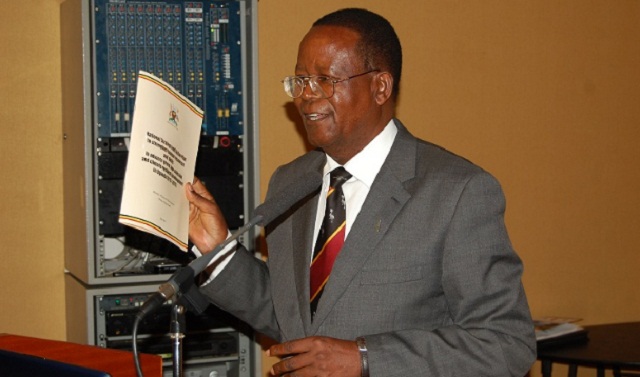
Careful planning needed
Experts agree that with careful planning and commitment of resources, the tourism sector has the potential to contribute to the strengthening of the fundamentals of the economy to enable Uganda harness her abundant opportunities. This is because, whatever the tourists’ main motivation for visiting Uganda (leisure, business and meetings), they pay taxes.
Mugaba says when Uganda recently hosted the 25th annual East and Southern Africa Accountant Generals international conference in Entebbe, more than 1000 people came in for the conference.
“The delegates did not stop in Entebbe; they visited Mbarara and Jinja while others did tours of Kampala; but, remember, they had originally come to attend a conference.”
But critics of UTB’s current model want the definition and target of the tourism to be on individuals who travel to Uganda to enjoy its natural endowments which give her an edge over many of the popular tourist destinations in Africa.
Uganda stands out because it has more than 50% of the world’s remaining population of Mountain gorillas, over 1,060 bird species, constituting 11% of the global population of bird species of mammals, 86 species of amphibians, 142 species of reptiles, 1,249 species of butterflies, over 600 species of fish and over 5,406 species of flora.
Uganda is also home to the source of River Nile, the longest river in the world, Lake Victoria, the largest fresh water lake in Africa and Mountain Rwenzori— the renowned mountains of the moon which is also the only mountain in the world with snow cap on the equator. Uganda also has 10 national parks, 12 wildlife reserves, 10 wildlife sanctuaries and five community wildlife management areas.
However, visitors to national parks have slightly increased by 31,801 persons from 2012 (182,149 people) to 2013 (213,950) representing an increase of 17.5%.
The visitors to national parks since 2010 registered an increasing trend with 2013 having a 17.5% increase from 2012 with foreign non-residents dominating the visitation of national parks for the year 2013 with 47% followed by East African residents (EAC) at 24%.
Nviiri acknowledges the challenge of getting quality data on tourists in the country. She told The Independent that the quality of tourist figures will markedly improve when the Ministry of Internal Affairs introduces an electronic visa to ease the mode of capturing this vital information on Uganda’s visitors.
 The Independent Uganda: You get the Truth we Pay the Price
The Independent Uganda: You get the Truth we Pay the Price




Save Marchson Fall the strongest water fall in the world it’s our pride as Uganda, Africa and many.
But if they construct a hydro power dam there am sure we shall loose some thing we can never have again.
Dear Team ,
What is the average occupany rate for kampala hotels compared to entebbe hotels?
And total average incomes earned from kampala region from accomodation services compared to Entebbe?
With the above statistics an investor is able to know which region will be best for investment.